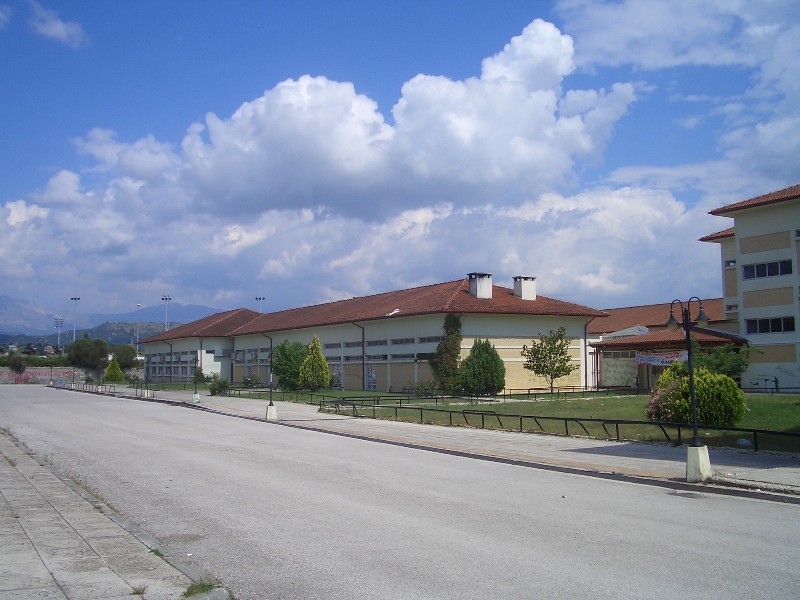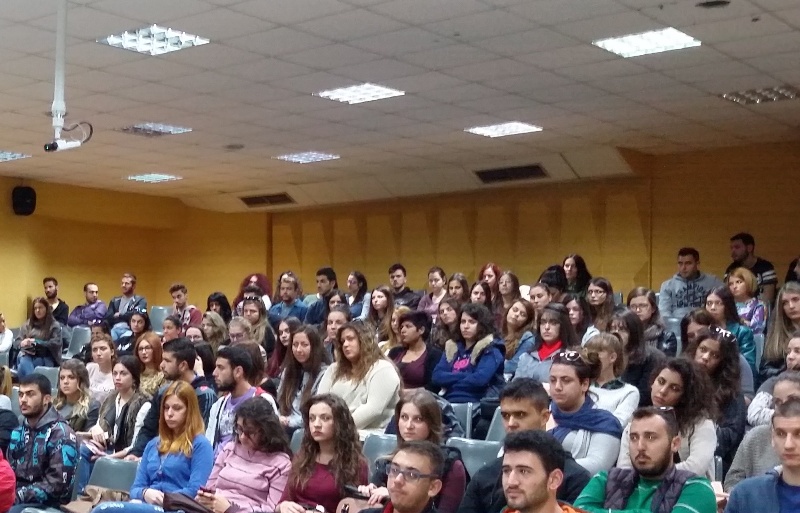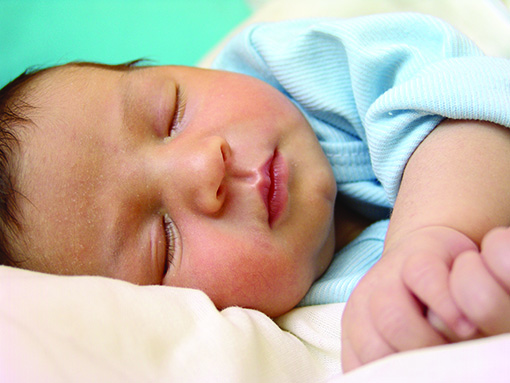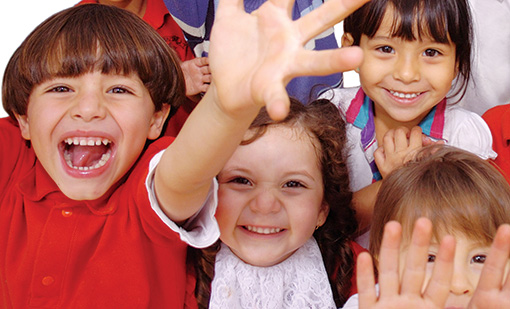4. Professionals Rights
Graduates of Preschool Educational Program acquire the professional adequacy for professional registration in accordance to the Presidential Degree No. 523 FEK 203/24-12-91, Vol. A’ as they have been stated Article 25, 1404/1983 (FEK 173). Especially:
- the design, organization and operation of Nursery Schools,
- the education and care of preschool age children from 2 months to 5 years and
- teaching and implementation of Early Childhood.
Specifically, the graduate of our department, following the 4-years studies, has the right to be occupied in public and private preschool centers or be self-employed in all the spectrum of organization and function of preschool education units. Also they can be employed in research projects aiming at the promotion of Preschool Care and Education science and methodology, carrying out projects with skills in data analysis (qualitative and/or quantitative where appropriate).
Moreover, they can work in partnership with parents, careers and other professionals (including those from different disciplines), planning, providing and managing adult education/parent education workshops, and also communicating information, ideas, problems and solutions to both specialist and non-specialist audience.
5.Curriculum
The Bachelor’s program in the Department of Early Childhood Care & Education is comprised of eight (8) semesters of theoretical and practical study.
To graduate, a student must complete a total of 40 courses comprising 240 European Credit Transfer System (ECTS) units, including a practicum training course (20 ECTS) and a (mandatory) senior thesis (10 ECTS). Thus, of the total number of courses required for graduation, 36 are mandatory and 4 are electives.
The program of studies for Early Childhood Care &Education aims to accord with the rules and regulations of the Bologna initiative that aim to guide the European and Greek higher education institutions. The curriculum also aims to accord with guidelines for the international associations for Infant Mental Health and with the National Association for the Education of Young Children.
There is some degree of alignment between the predefined goals and objectives of the curriculum and its implementation. The curriculum is implemented through an organization of five categories, which seem to correspond–though not fully–to the ordering of courses over the four years of studies:
- General background courses (5 mandatory courses; 20% of the total required courses)
- Courses for the implementation of the profession (4 courses: 2 mandatory & 2 electives; 10% of total courses)
- Specialized background courses (14 courses: 12 mandatory and 2 electives; 34% of total courses)
- Specialization courses (16 courses: 14 mandatory courses and 2 electives; 36% of total courses)
6.Partnerships
The Department is working through the Erasmus program with European universities and institutions providing opportunities for students to move to study and practice. Alongside is in constant communication and collaboration through scientific knowledge and research institutions domestically and abroad, to create academic cooperation networks.
The latest department’s external evaluation report of the Hellenic Quality Assurance and Accreditation Agency (HQA) can be found at the following link: http://www.adip.gr/external/TEIEpirus_EarlyChildhood_2014.pdf





